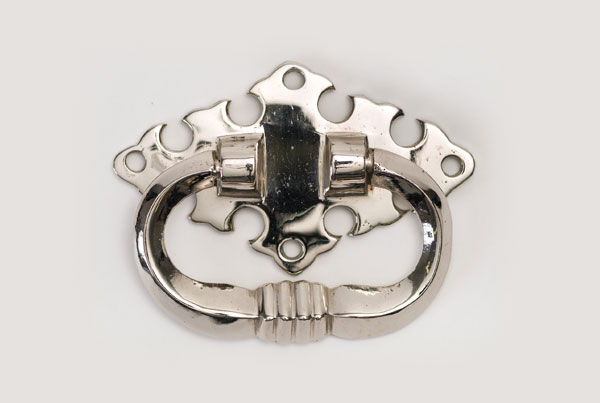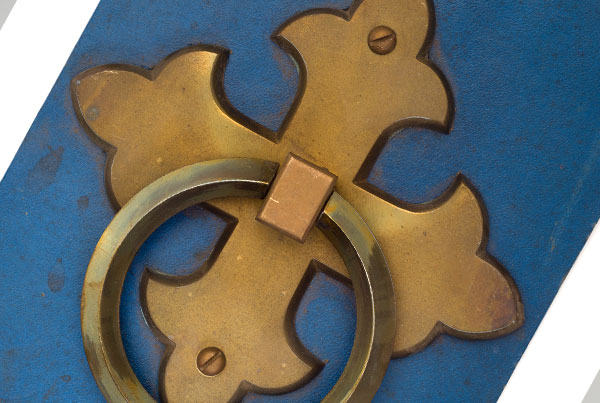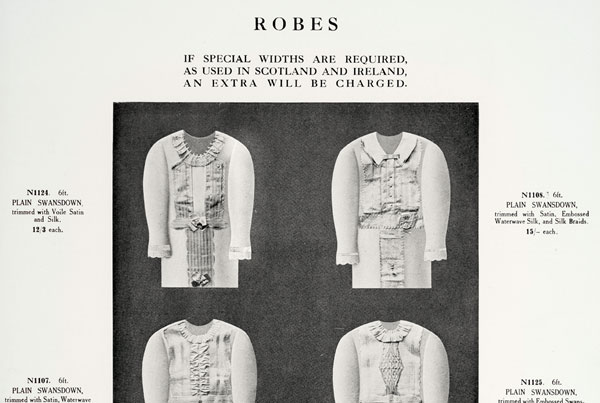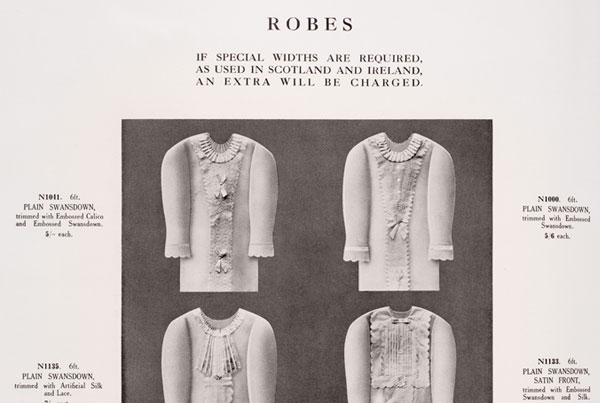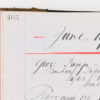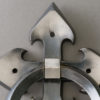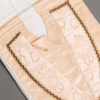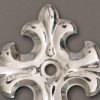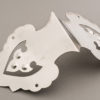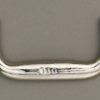Date: 1960s to 1990s
Material: Organic / Paper
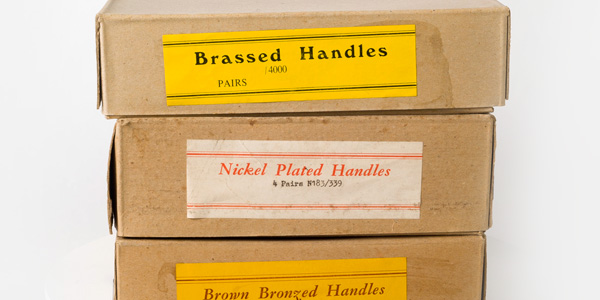
Original Boxes
These boxes are original Newman Brothers’ products and packaging, dating from sometime between the 1960s and 1990s, as the company didn’t appear to update their product range or packaging between those dates. They represent a small variety of the products they had on offer throughout their 100-year history, with most of the product line developed in their first 30 years or so in business. This is certainly true of the products shown in the gateway image, which display their brass, nickel-plated and brown bronze range. These refer to types of finishes achieved through electro-plating or lacquering.
To see a full range of Newman Brothers’ products over the years, why not view their historic trade catalogues here, or examples of the stock that was left behind when the factory closed its doors in 1998.
The beginning of a company
Newman Brothers ‘set up shop’ at a time when metal working in Birmingham was booming. Moreover, the coffin furniture industry was at its zenith, with the highest number of master coffin furniture manufacturers registered in Birmingham at its peak. Newman Brothers came to the trade relatively late in 1894, but seemingly saw a gap in the market to specialise in this industry, with the material of choice: brass. As brass founders making cabinet fittings, they had honed the skills to make quality coffin fittings too. After all, the manufacturing process for a cabinet handle was no different from that for a coffin. The end usage however, made coffin handles more profitable because the same quality brass handles were placed on something that would only be displayed in a home for three days, rather than three decades. Quite simply, the disposable nature of the coffin as opposed to the permanence of the cabinet meant that more money could be made. The transient nature of the funeral was simply bigger business than the permanence of home furnishings.
From the 1960s onwards
The product range was significantly reduced from the 1960s onwards; this coincides with the general downturn of the trade and the rise of cremation. Why? Quite simply because new regulations around cremation from 1967 onwards demanded that all coffin fittings should be combustible, which meant plastic had to be used.
50% of all funerals in the 1960s ended in a cremation, with the remaining 50% being burials. Newman Brothers therefore had to mainly target the burial market. They did, however, attempt to diversify by having their most popular products made in plastic, but the mark-up just couldn’t compete with their metal range. This, combined with changing attitudes towards death and society’s reluctance to embrace it as the Victorians had once done, meant that the market for extravagant metal furniture and the expense of the funeral itself were in decline. By the 1960s, Newman Brothers were only one of three coffin furniture manufacturers left in Birmingham. By 1998, they were the last.
360° View of Newman Brothers’ Product Boxes
Use the play button to rotate the object automatically, or alternatively you can drag the item with the mouse or your finger to move it around.
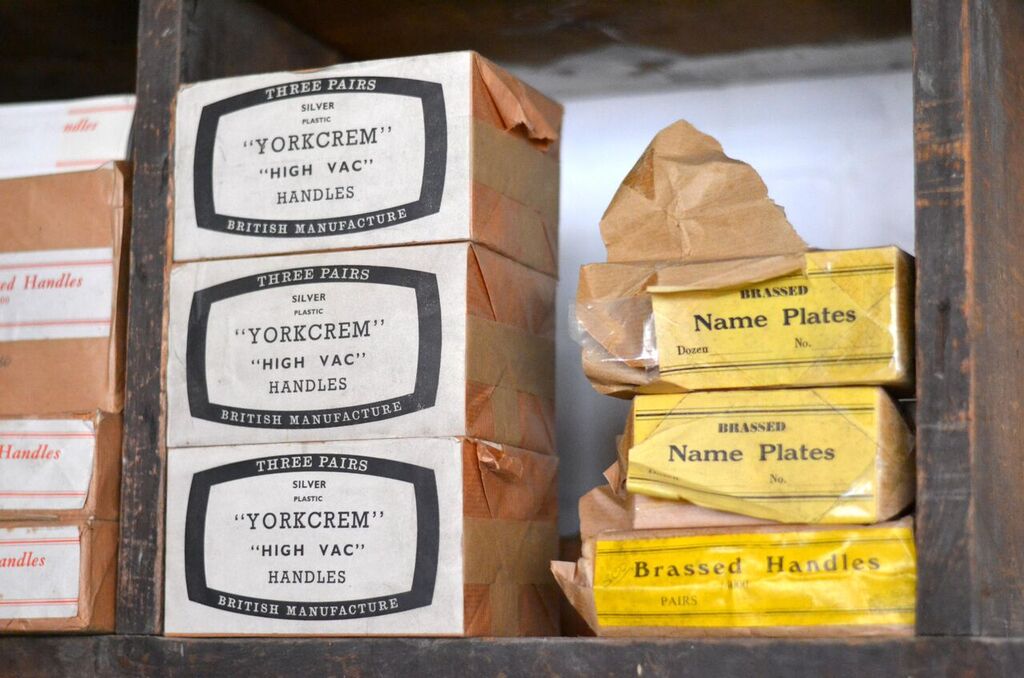
This item is in the following Themes:
Commerce Industry & Manufacturing
Featured Article: Origins of the Jewellery Quarter


